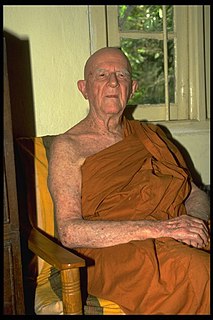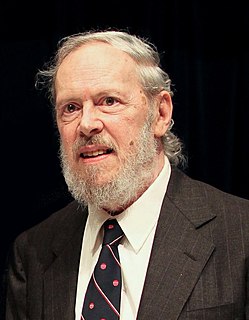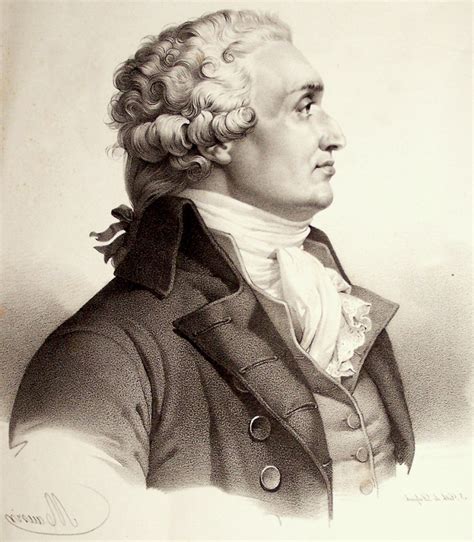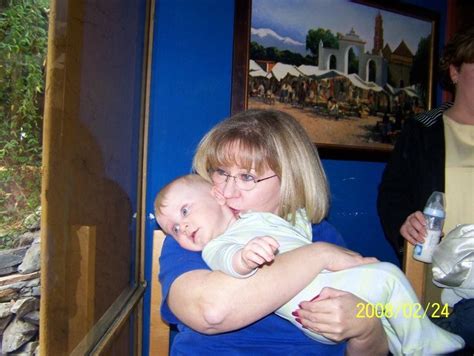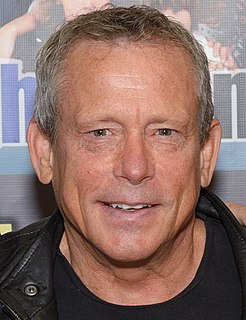A Quote by Nyanaponika Thera
Mindfulness, though so highly praised and capable of such great achievements, is not at all a "mystical" state, beyond the ken and reach of the average person. It is, on the contrary, something quite simple and common, and very familiar to us.
Related Quotes
Obviously, the person who had most influence on my career was Ken Thompson. Unix was basically his, likewise C's predecessor, likewise much of the basis of Plan 9 (though Rob Pike was the real force in getting it together). And in the meantime Ken created the first computer chess master and pretty much rewrote the book on chess endgames. He is quite a phenomenon.
Worthiness, in very simple terms, means I have found a way to let the Energy reach me, the Energy that is natural, reach me. Worthiness, or unworthiness, is something that is pronounced upon you by you. You are the only one that can deem yourself worthy or unworthy. You are the only one who can love yourself into a state of allowing, or hate yourself in a state of disallowing. There is not something wrong with you, nor is there something wrong with one who is not loving you. You are all just, in the moment, practicing the art of not allowing, or the art of resisting
As the mind learns to understand more complicated combinations of ideas, simpler formulae soon reduce their complexity; so truths that were discovered only by great effort, that could at first only be understood by men capable of profound thought, are soon developed and proved by methods that are not beyond the reach of common intelligence. The strength and the limits of man
I believe in the possible. I believe, small though we are, insignificant though we may be, we can reach a full understanding of the universe. You were right when you said you felt small, looking up at all that up there. We are very, very small, but we are profoundly capable of very, very big things.
[Freud's] great strength, though sometimes also his weakness, was the quite extraordinary respect he had for the singular fact... When he got hold of a simple but significant fact he would feel, and know, that it was an example of something general or universal, and the idea of collecting statistics on the matter was quite alien to him.
Pride... is a very common failing, I believe. By all that I have ever read, I am convinced that it is very common indeed; that human nature is particularly prone to it, and that there are very few of us who do not cherish a feeling of self-complacency on the score of some quality or the other, real or imaginary. Vanity and pride are different things, though the words are often used synonymously. A person may be proud without being vain. Pride relates more to our opinion of ourselves, vanity to what we would have others think of us.
Beyond its practical aspects, gardening - be it of the soil or soul - can lead us on a philosophical and spiritual exploration that is nothing less than a journey into the depths of our own sacredness and the sacredness of all beings. After all, there must be something more mystical beyond the garden gate, something that satisfies the soul's attraction to beauty, peace, solace, and celebration.
The semanticists are exactly wrong in regarding language as an obstruction or series of pitfalls. Language, on the contrary, appears as a great storehouse of universal memory, or it may be said to serve as a net, not imprisoning us but supporting us and aiding us to get at a meaning beyond present meaning through the very fact that it embodies others' experiences.
I have seen that there are a number of people who benefit from doing loving kindness meditation, either prior to or along with mindfulness meditation. It varies from person to person of course, but for many, their practice of mindfulness will bring along old habits of self-judgment and ruthless criticism, so it is not actually mindfulness.
Monks, one thing, if practiced and made much of, conduces to great thrill, great profit, great security after the toil, to mindfulness and self-possession, to the winning of knowledge and insight, to pleasant living in this very life, to the realization of the fruit of release by knowledge. What is that one thing: It is mindfulness centered on the body.
